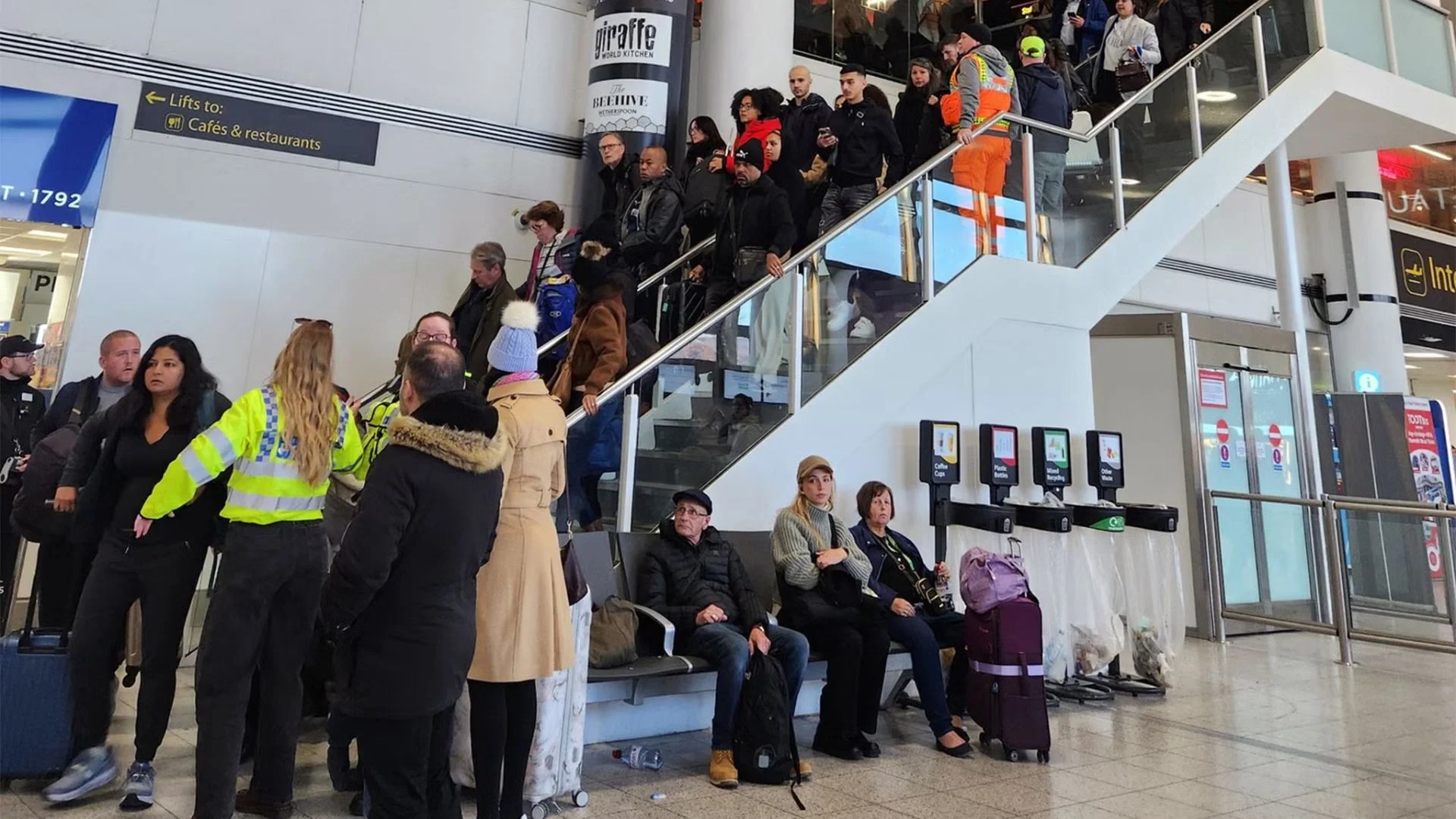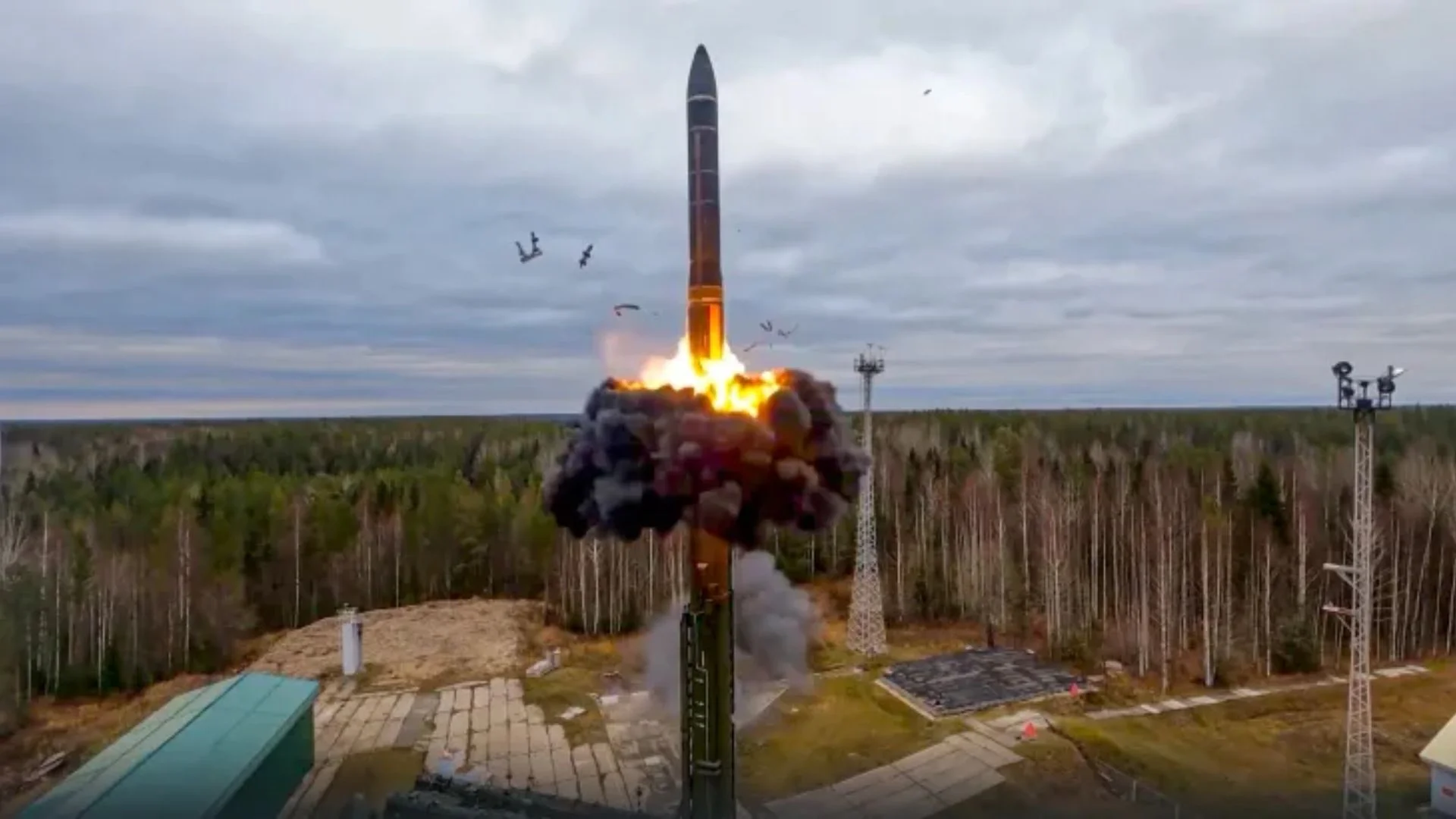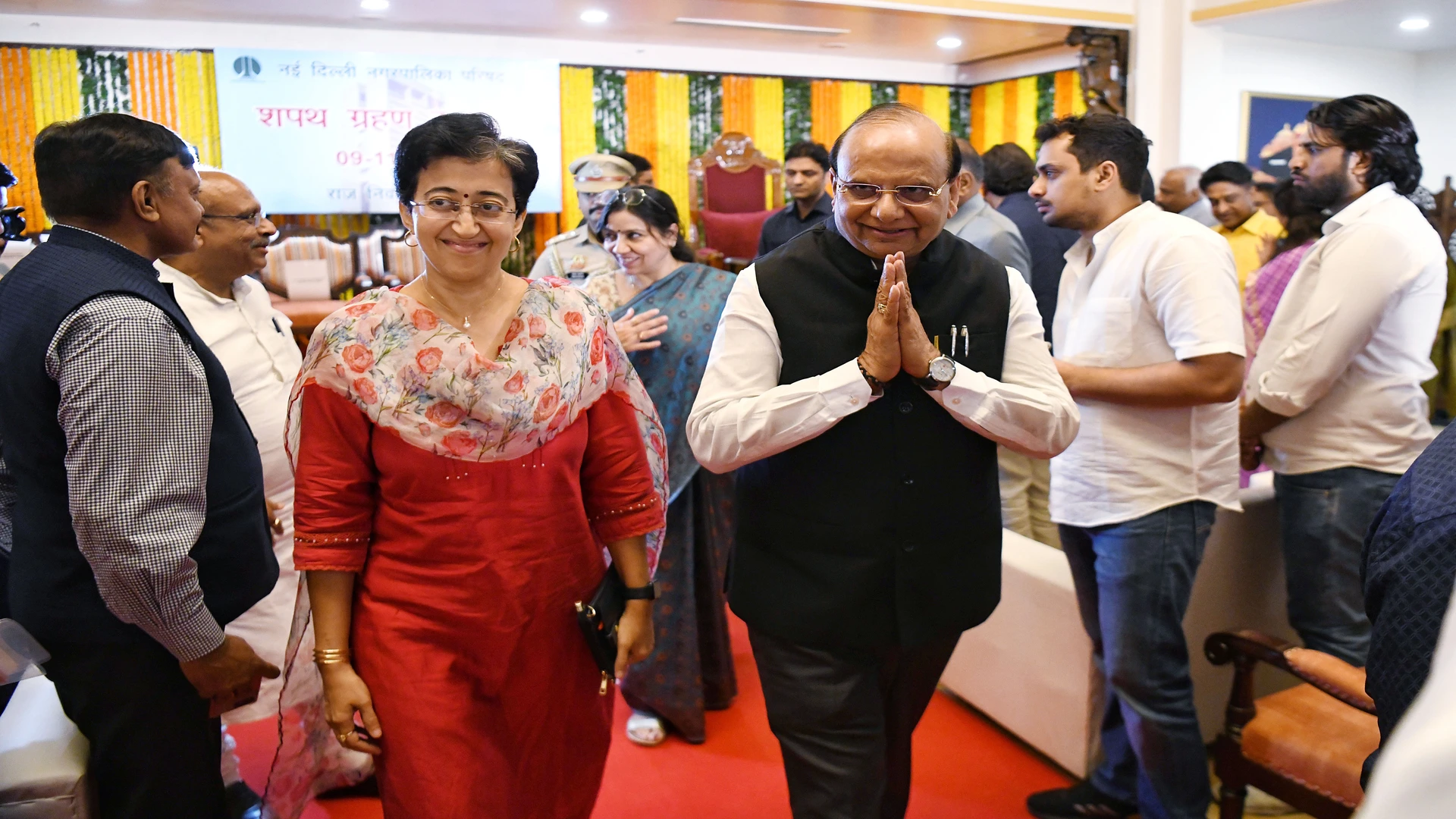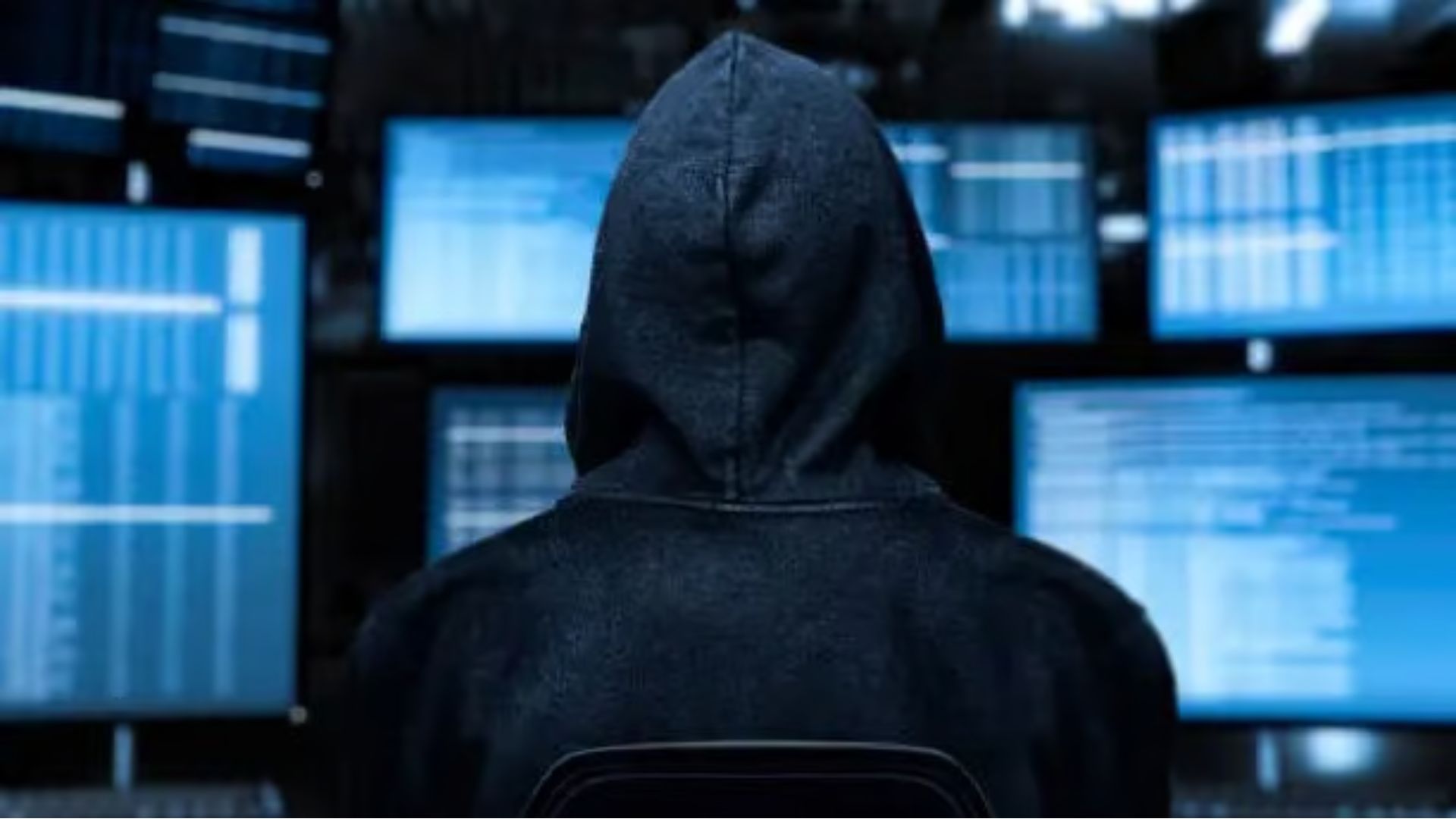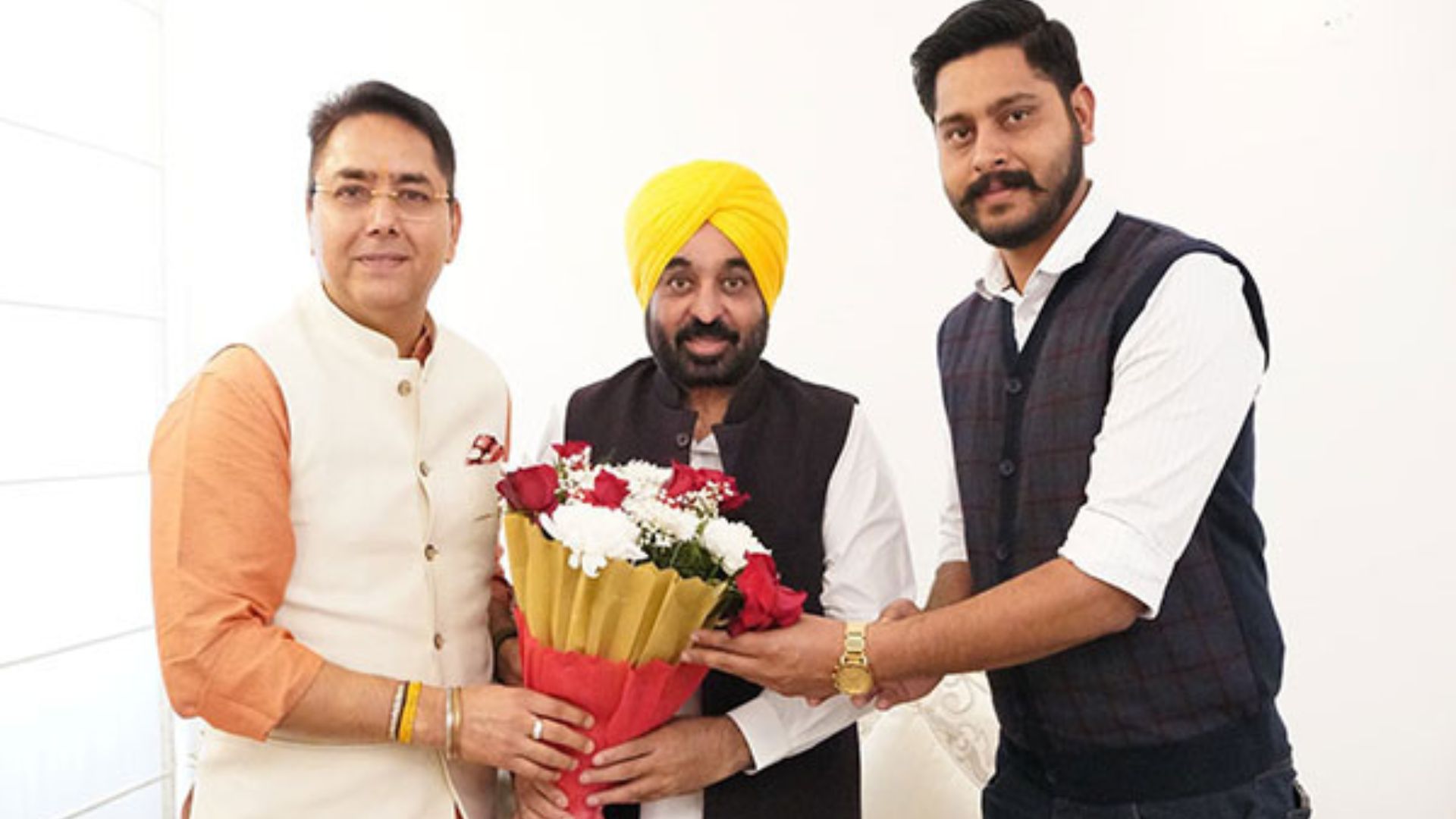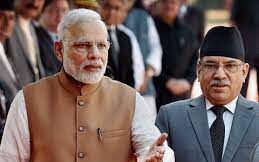
The forthcoming bilateral discussions between Indian Prime Minister Narendra Modi and his Nepalese counterpart, Pushpa Kamal Dahal Prachanda, are expected to emphasise security issues. Specifically, India aims to secure assurance from Nepal that Kathmandu will not serve as a platform for anti-India activities.
PM Prachanda is scheduled for a four-day visit to India from 31st May to 3rd June, marking his first bilateral overseas tour since he assumed office in December. A variety of agreements related to agriculture, energy, trade, and connectivity are on the bilateral talks agenda. Additionally, areas such as health, education, and Development partnership will be given significant focus.
The discussions between Modi and Prachanda hold immense importance, particularly in light of recent media reports suggesting potential conspiracies to use Nepal’s soil for anti-India operations. Diplomatic sources have suggested that Prachanda is likely to declare Nepal’s commitment to refraining from endorsing any activities that pose a threat to India. Amid growing security concerns associated with China’s escalating presence in the Himalayan region, India is eager to enhance its relationship with Nepal. Although PM Modi may not directly refer to China’s expansionist strategies in Nepal, he will emphasise the need for Nepal to remain vigilant against elements that could harm Indo-Nepalese relations.
India’s anxiety stems primarily from China’s aggressive infrastructural expansion under the Belt and Road Initiative, which includes Pakistan and Nepal, and its proposal to extend the China-Pakistan Economic Corridor to Afghanistan. PM Modi’s focus will be on bolstering cooperative efforts between India and Nepal regarding shared security issues. During his time in Delhi, the Nepalese Prime Minister will meet with Indian President Droupadi Murmu and Vice-President Jagdeep Dhankhar. Subsequently, he will visit Ujjain and Indore in Madhya Pradesh, where he is expected to discuss cleanliness initiatives and waste management systems.
According to a statement from the Indian Ministry of External Affairs, Prachanda’s visit will fortify the ongoing tradition of high-level exchanges between the two countries under the ‘Neighbourhood First’ policy. Over the years, bilateral cooperation between India and Nepal has solidified, and Prachanda’s visit further underlines the significance both nations attach to their deepening partnership. India and Nepal are also set to sign agreements on the construction of transmission lines and power trade, in addition to cooperation in the fertiliser sector. The two leaders will discuss a potential Mutual Legal Assistance Treaty (MLAT), which will facilitate more efficient cooperation in criminal cases. This builds on the progress from last month’s first round of MLAT negotiations on criminal matters between the two countries, involving representatives from the Ministry of External Affairs, Central Bureau of Investigation, and law. The presence of an extradition treaty signed in October 1953 will support these discussions.
